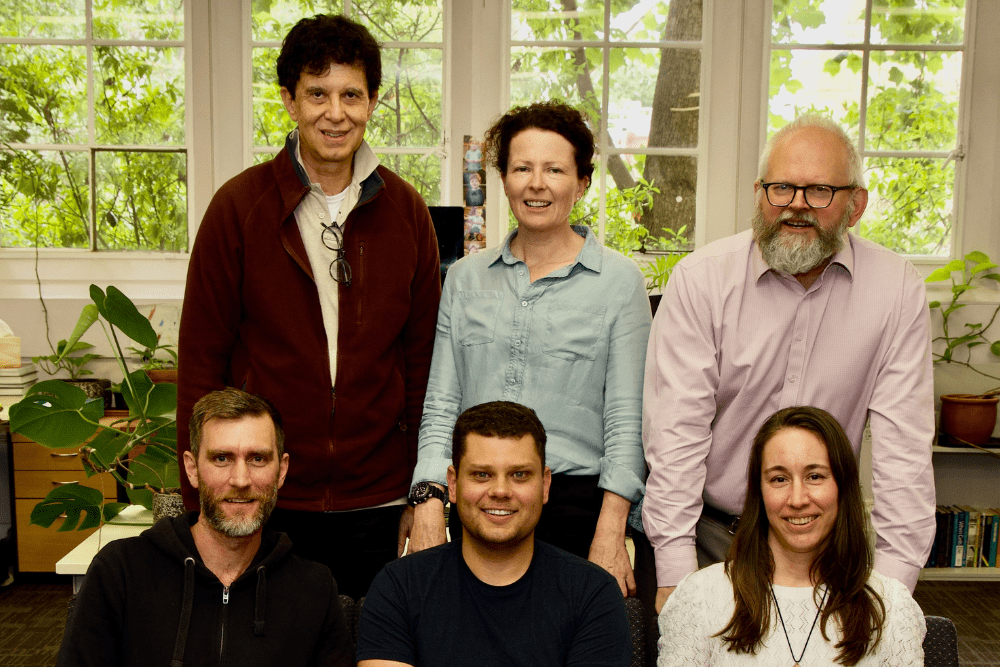Australian Biosecurity Awards - Education
Dr James Camac and CEBRA, School of BioSciences, University of Melbourne
The University of Melbourne’s Dr James Camac and CEBRA, School of BioSciences has received a 2022 Australian Biosecurity Award in the Education category.
Biosecurity: Managing Invasive Species (NRMT90002), taught at the University of Melbourne, has been designed to provide students with a holistic and practical understanding of how Australia’s biosecurity system manages risk across pre-border, border and post-border controls and activities. The graduate course, led by Dr James Camac, exposes students to what biosecurity is and the various actions, decisions and trade-offs that governments, industry and environmental stakeholders must consider when implementing efficient and effective biosecurity measures.
The subject achieves this by using world-renowned expertise from the Centre of Excellence for Biosecurity Risk Analysis (CEBRA) team, as well as a variety of experts from industry, the environmental sector and state and federal government agencies. The CEBRA team is highly regarded for their commitment to the subject, instilling passion and enthusiasm about biosecurity in their students. The CEBRA team also includes Dr Edith Arndt, Dr John Baumgartner, Dr Aaron Dodd, Associate Professor Susan Hester, Professor Tom Kompas and Professor Andrew Robinson.
In the last 3 years, 170 postgraduate students have taken the subject, and student feedback has been incredibly positive. Most importantly, student outcomes have been outstanding, with many making industry and government contacts as a direct result. Students have also secured jobs or internships within a variety of biosecurity and industry organisations.
As part of their assessment, students are required to develop a risk-management plan for a significant exotic biosecurity threat. This management plan must include a biological understanding of the threat, the various pre-border, border and post-border risk-mitigation options that may be undertaken, their associated effectiveness and feasibility, and the economic, social, and environmental trade-offs that a biosecurity practitioner must consider. This activity provides students with critical insights and an understanding of the activities and challenges faced by biosecurity practitioners and regulators. The course prepares the next generation of biosecurity practitioners to deal with emerging threats caused by changing climate and increasing globalisation of human movement and trade.
Biosecurity: Managing Invasive Species was nominated by former student Riley Ferguson.
Watch a video about their work
Photos
View Original | AusPol.co Disclaimer
